The government is mulling the launch of a deposit return scheme for bottles and cans despite an outcry from convenience stores all over the UK.
The creation of a working group on the feasibility of such a scheme is included in the Department of Environment, Food and Rural Affairs’ (DEFRA) new strategy to tackle litter published on Monday.
A deposit return scheme would build on the success of the 5p plastic bag charge which DEFRA said had led to a 40% fall in bags found on beaches.
The working group will provide advice on deposit and reward and return schemes by the end of the year.
The document said the group should look at the administrative costs of such schemes, the effect on consumer prices and the impact on consumers who responsibly dispose of bottles via council-provided household recycling services.
The Association of Convenience Stores (ACS) and the Scottish Grocers Federation (SGF) are strongly opposed to bottle deposit schemes.
ACS chief executive James Lowman said the trade body had serious concerns that a deposit return scheme would be heavily burdensome.
Lowman said polling of 2,000 UK adults by Populus in March showed 70% of consumers preferred to use their existing kerbside recycling facilities, “demonstrating how unnecessary and ineffective a deposit return scheme would be”.
Independent focus groups with retailers and consumers in England, Wales and Scotland that the ACS and SGF commissioned overwhelmingly found that retailers thought deposit schemes would be impractical to implement because of space restriction.
“Where measures are clearly effective and not a burden on retailers, we have given our full support,” said Lowman.
They would also create “a logistical nightmare” for staff who might have to accept large volumes of recyclable material instead of serving customers, he said.
Momentum for deposit schemes gathered towards the end of last year when research from the Marine Conservation Society, arising from the “Great British Beach Clean”, determined that drinks containers, bottle caps and lids found on beaches climbed 4% in September, compared with the previous year’s beach clean.




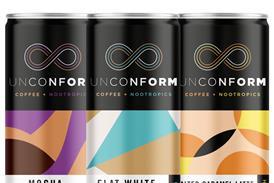

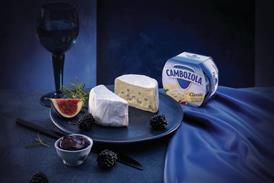
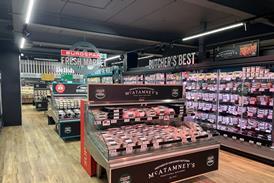
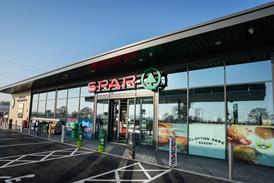


![WG-4003[58]](https://d2dyh47stel7w4.cloudfront.net/Pictures/274x183/4/5/1/353451_wg400358_6083.jpg)




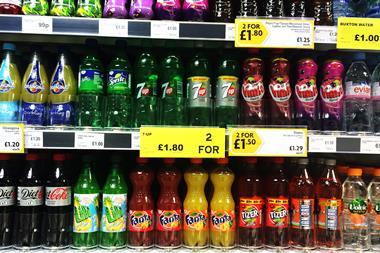
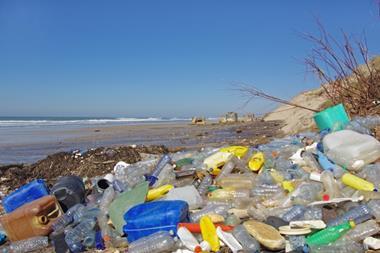
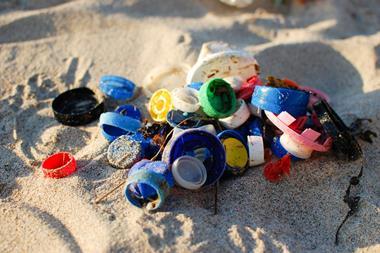
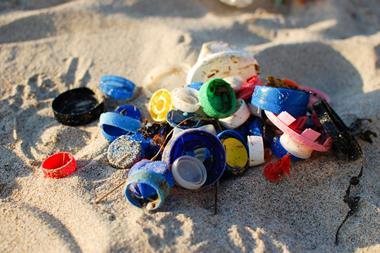
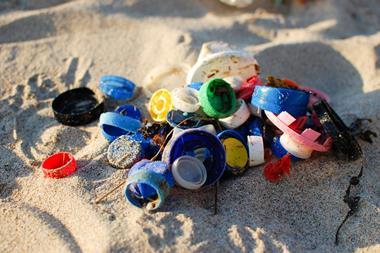

No comments yet